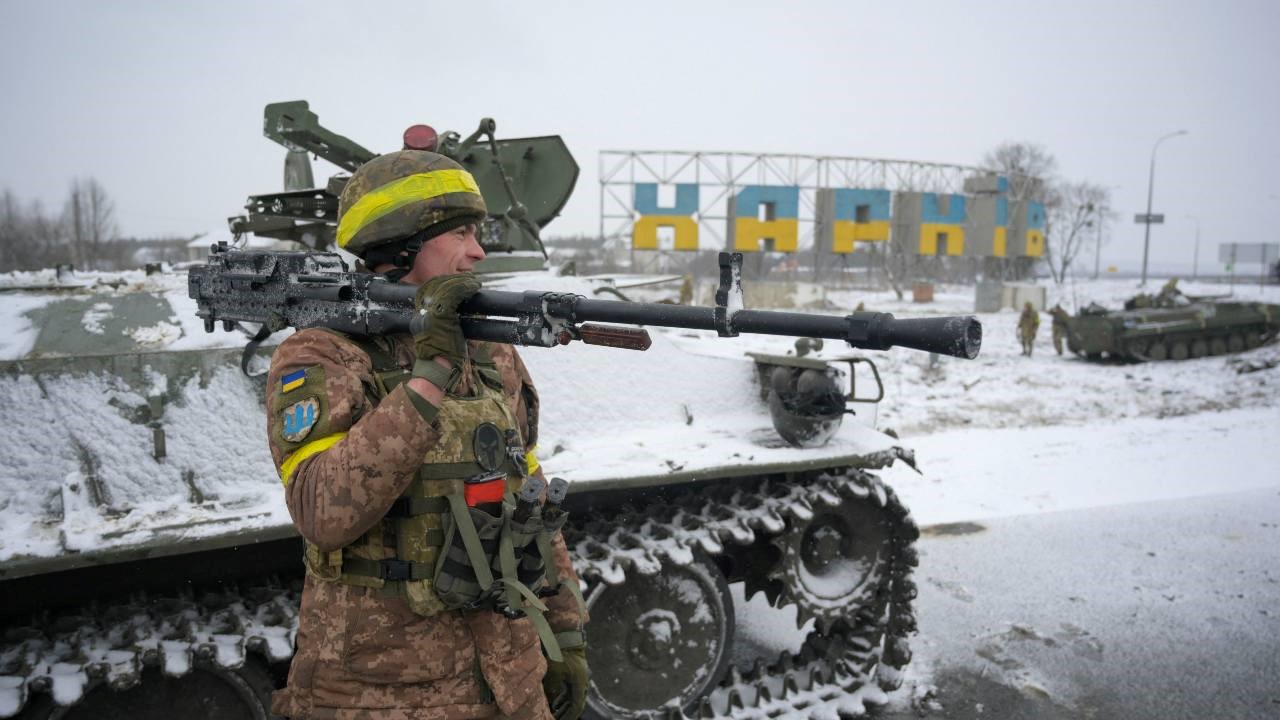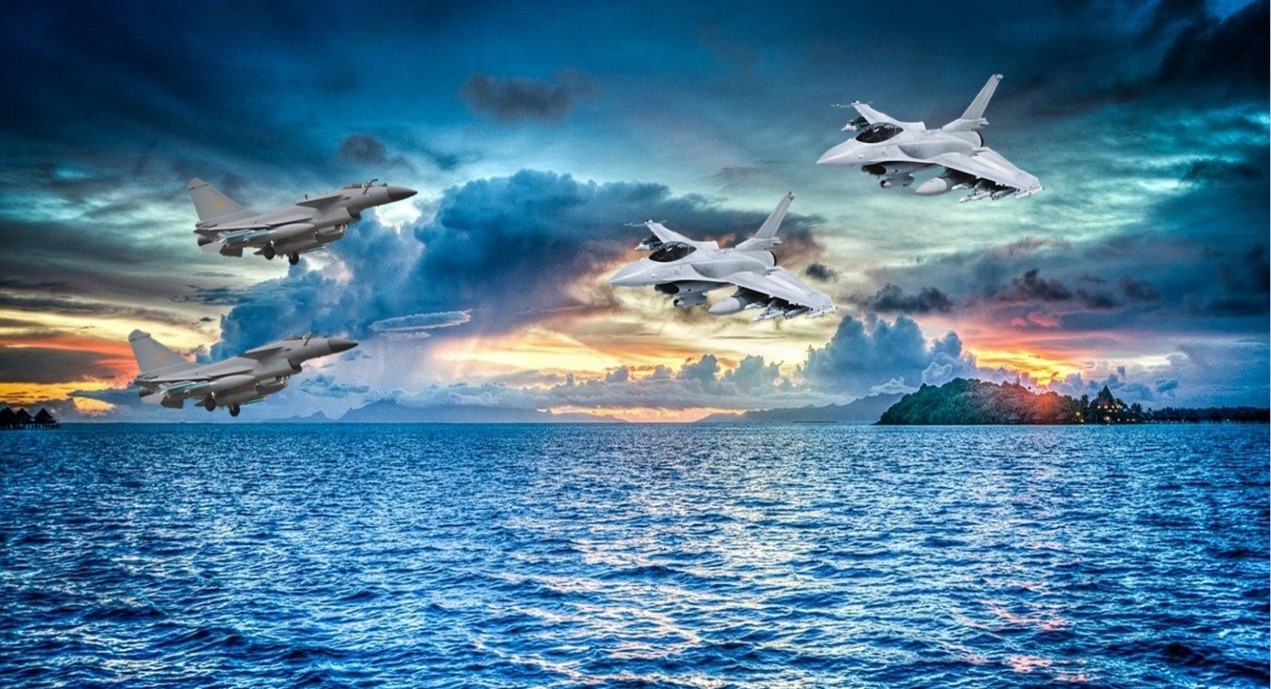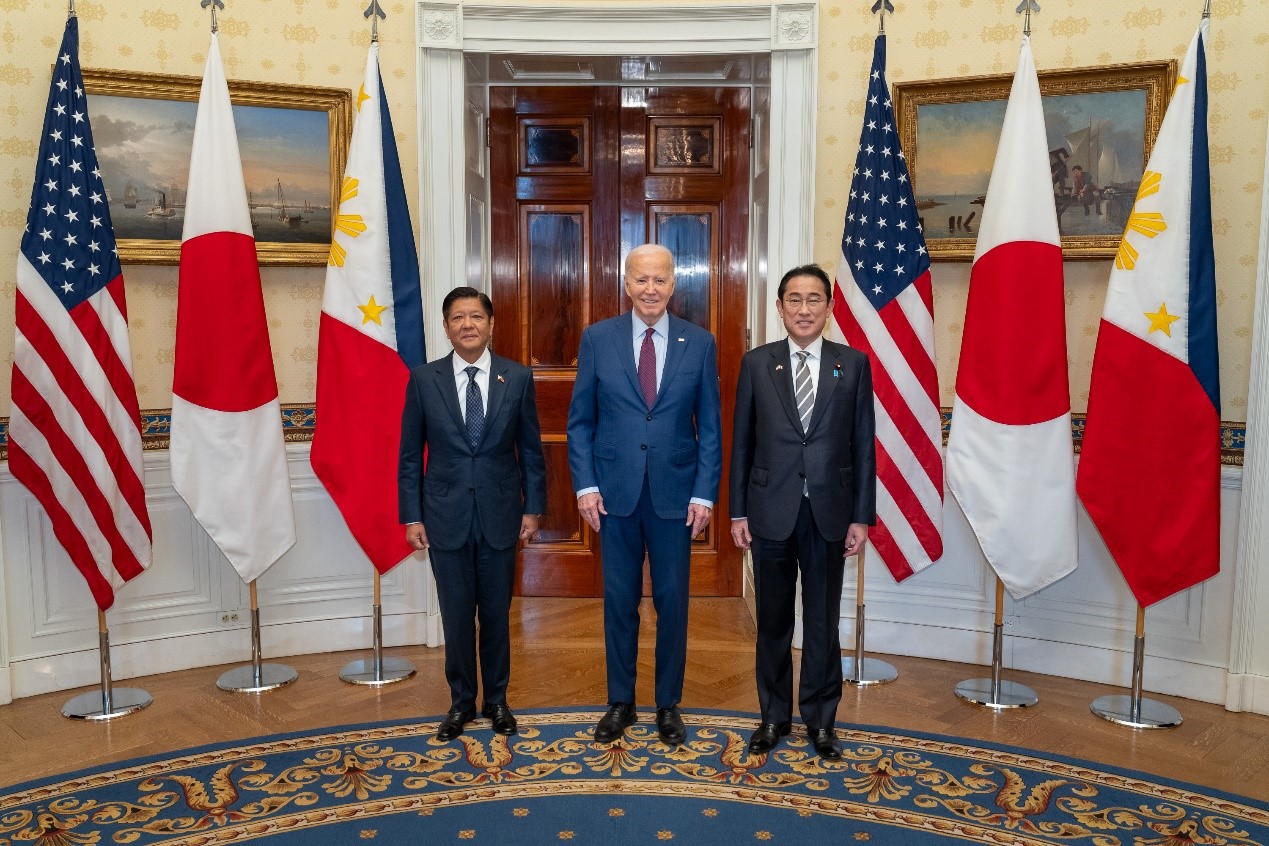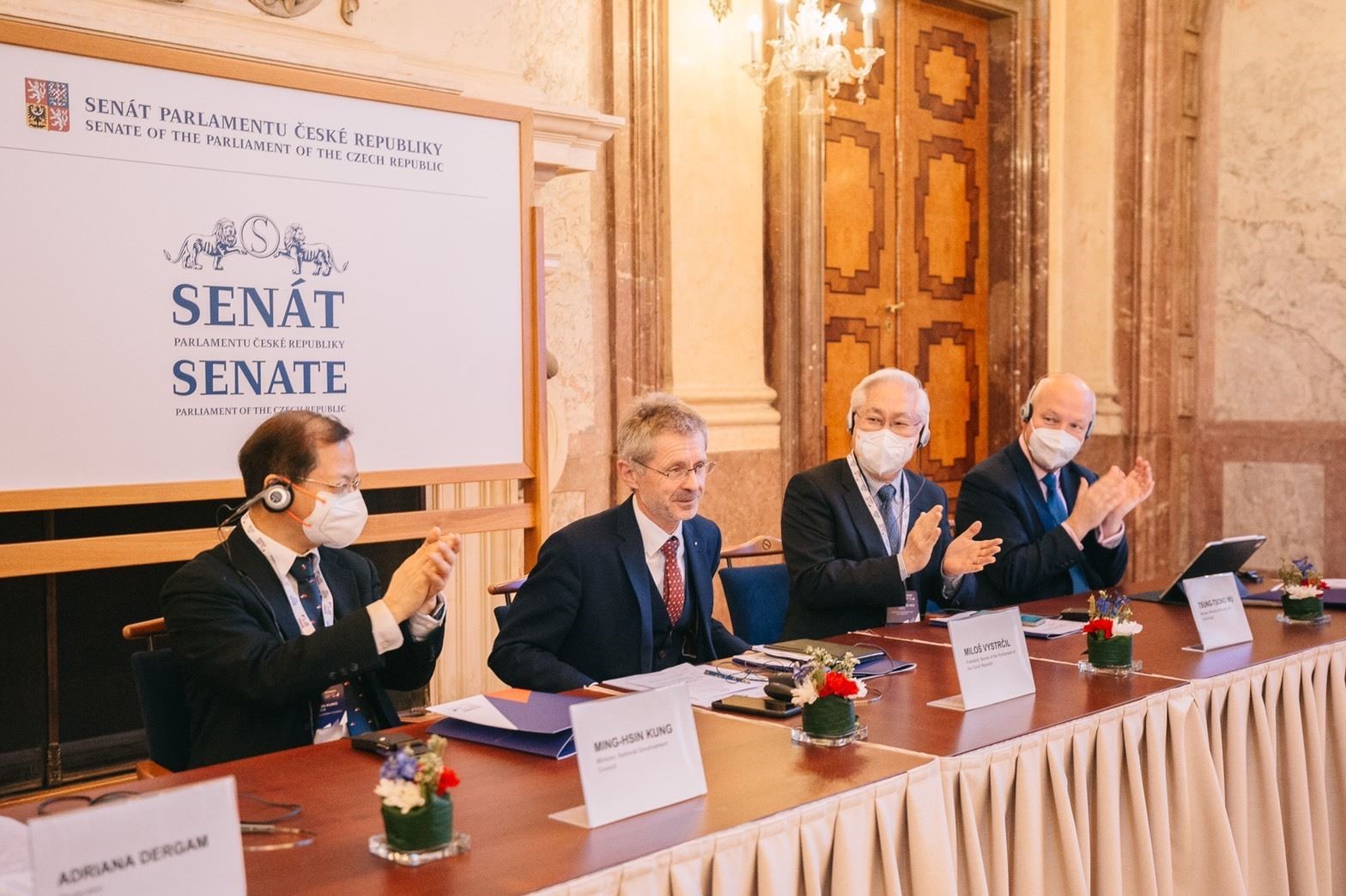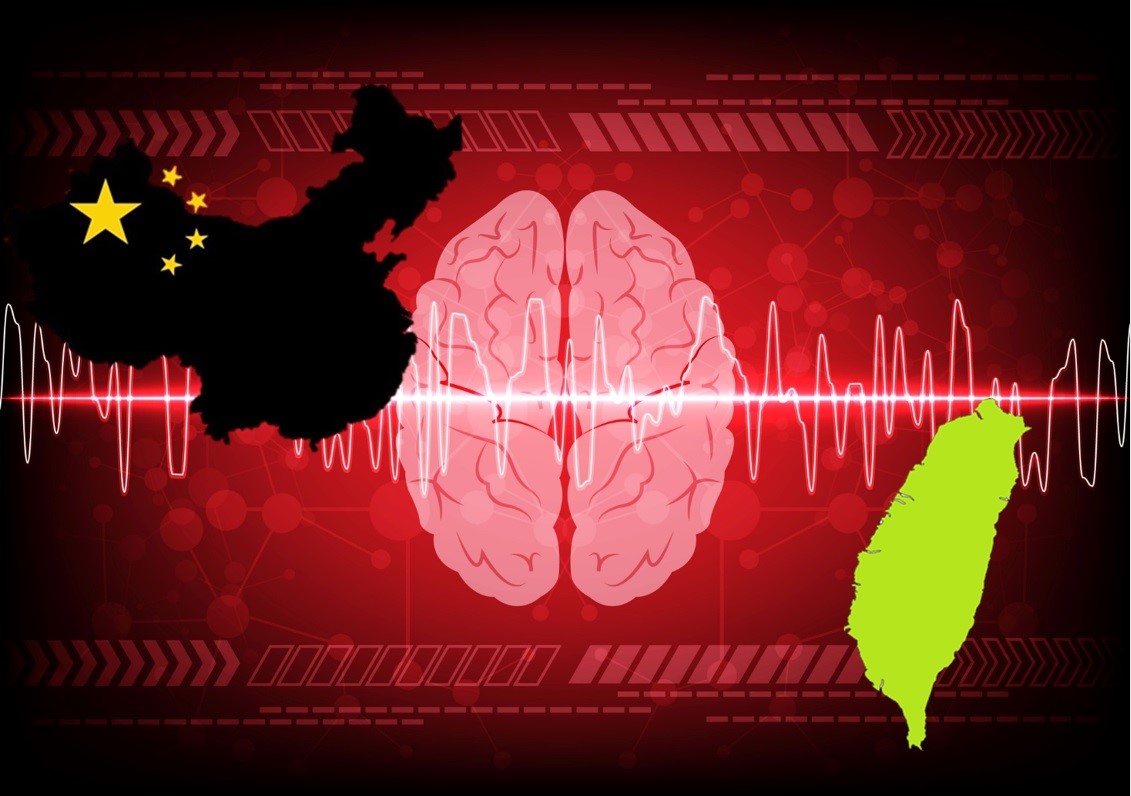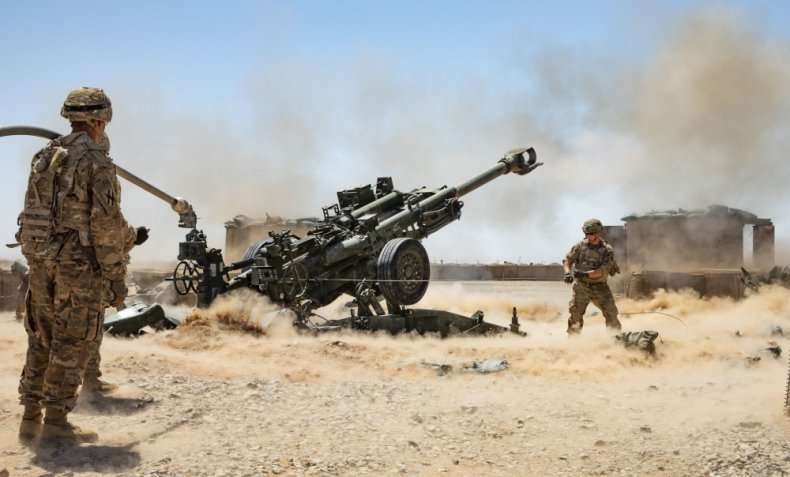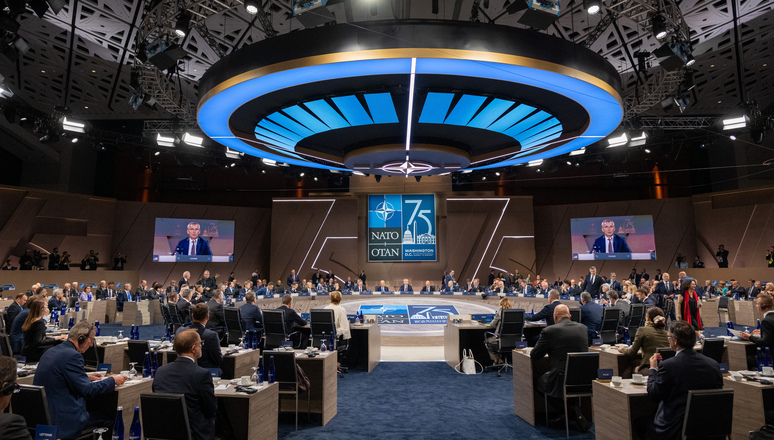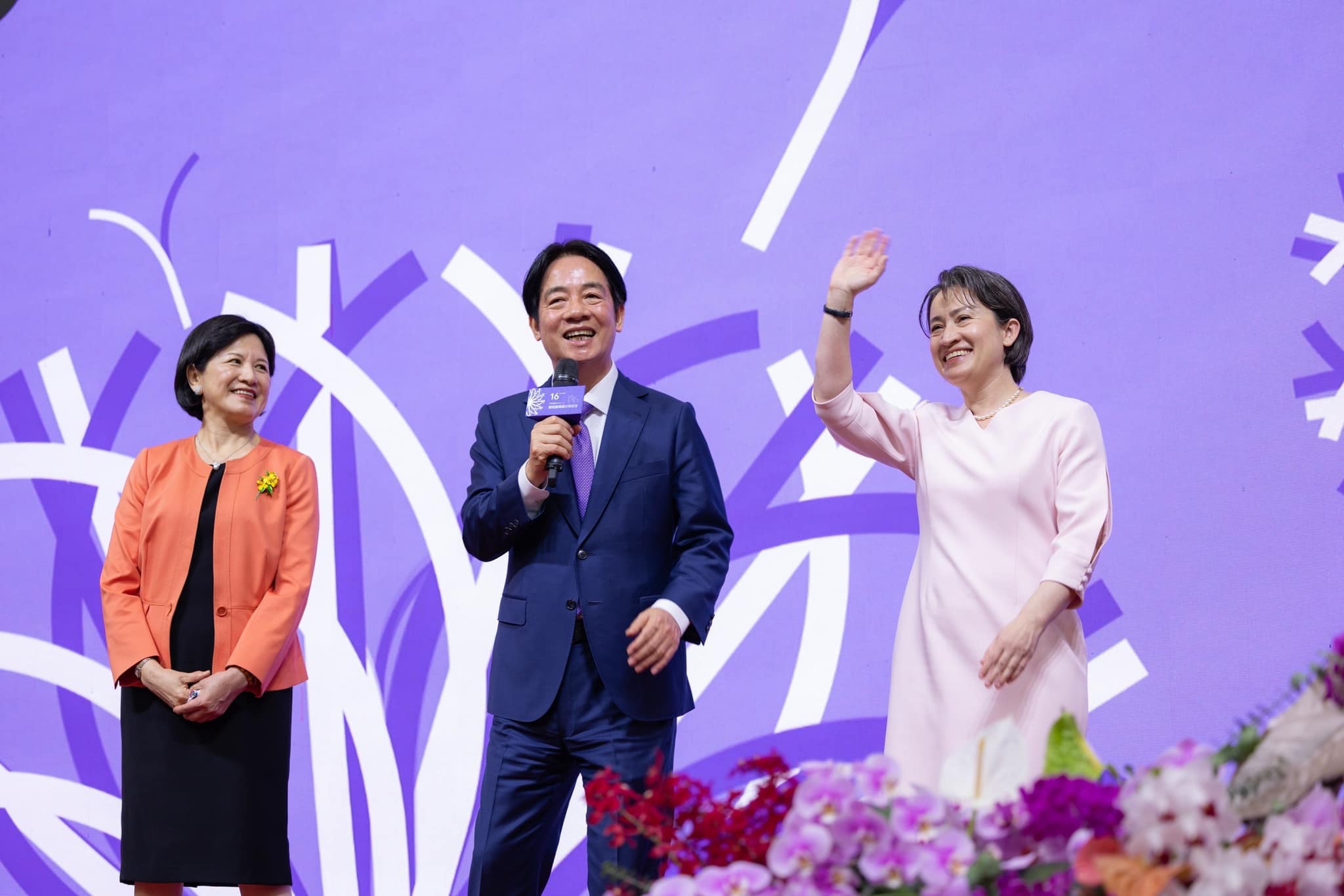Regardless of the final outcome of the conflict between Russia and Ukraine, it has again been revealed to the world that the aggressor’s “peace agreement” is only a document that weakens the will to defend. Likewise, if one relies too much on the guarantees of other countries, one will put the country in danger, as history proves again and again that only strengthening one’s defenses is the guarantee of security. Picture source: Kseniya Kirillova, February 27, 2022, CEPA, https://cepa.org/invasion-day-4-russia-is-running-into-trouble/.
Prospects & Perspectives 2022 No. 15
The Russo-Ukrainian War: Implications for Taiwan
By Tzu-yun Su
March 22, 2022
The Russian invasion of Ukraine is evolving rapidly. Ukraine has shown a strong will to defend itself, and Ukrainian troops have mounted a solid resistance, with the reserve forces mobilizing and the Volunteer National Guard gradually coming into being.
Russia first announced a partial withdrawal of the troops it had deployed along the border with Ukraine and the end of exercises in Belarus, and just when the world thought the tensions had eased, another group of Russian troops moved forward to the border and entered crossed the border for attack. At the same time and in what is regarded as a prelude to the invasion, pro-Russian forces in eastern Ukraine launched another attack on government forces. In other words, Russia may have been operating a “false flag” operation to mislead global public opinion and provide an excuse in case of war.
“False flag” operations often serve as an invading party’s excuse for war, which often includes a self-directed attack or the protection of specific ethnic groups and expatriates as a reason. In the ongoing Russia-Ukraine crisis, the actions of Moscow and the Russian military are similar to this tactic. On the one hand, Russian President Vladimir Putin publicly declared that he would not invade Ukraine, while on the other hand, pro-Russian armed groups were creating conflict in Ukraine to shape the legitimacy of a future Russian invasion.
‘Shock and awe’ against Ukraine
According to current information, Russia’s war guidance is a “proxy war,” using the protection of pro-Russian forces in Ukraine as a pretext to carry out “special military operations,” with the goal of “disarming Ukraine and declaring Ukraine’s neutrality.” The core of the military operation was to achieve a quick solution, so the main forces of Ukraine were confronted in the eastern part of the country, while the main attack was launched from Belarus to the north south, using various types of precision ammunition to hit Ukrainian military facilities. It was hoped that the “shock and awe” initial salvo would break the morale of the Ukrainian people and their will to resist, and that the attacking troops would arrive at the capital, Kyiv, quickly to force Ukraine to make a deal and accept a truce.
It is true that Ukraine misjudged the situation at the beginning of the crisis, believing that the Minsk agreement — a series of agreements signed in 2014 and 2015 to end armed conflict in the Donbas region of Ukraine — was the bottom line for both sides and that shuttle diplomacy by Germany and France could restrain Russia. Kyiv therefore seemed to believe that Russia would not invade. It was only after Russia broke the agreement and its troops crossed the border that Ukraine announced its military mobilization and rushed to fight, with insufficient preparation.
However, the Ukrainian army crushed Russia’s plans. Ukrainian combat engineers sacrificed themselves to blow up bridges to stop the Russian army, and while the Ukrainian air force was in a disadvantageous position, its pilots used their tactical skills to fly low and use the terrain as cover to shoot down advanced Russian Su-35s with their old MiG-29s. Ukrainian President Volodímir Zelenski refused to evacuate the capital and declared his will to fight to the end, while former president Petro Poroshenko, who has a different political stance, also joined the Voluntary National Guard to stand in the frontline. All of this underscores the determination and will of the Ukrainian military and people to fight against the enemy.
Regardless of the final outcome of the conflict between Russia and Ukraine, it has again been revealed to the world that the aggressor’s “peace agreement” is only a document that weakens the will to defend, whether it is the Munich Agreement with Nazi Germany before World War II or the Minsk Agreement now. Likewise, if one relies too much on the guarantees of other countries, one will put the country in danger, as history proves again and again that only strengthening one’s defenses is the guarantee of security. It is only through strength that one can ensure the survival of the country and maintain peace.
Taiwan will defend its way of life
It is a country’s responsibility to ensure its survival and protect its way of life. Only by demonstrating the determination and will to defend itself can a country increase mutual trust with its allies. The same applies to the situation in the Taiwan Strait, where China’s enormous military pressure threatens democratic Taiwan.
In terms of battlefield characteristics, the Taiwan Strait would primarily be sea warfare (unlike in Ukraine, where land warfare is the main feature). Amphibious landings are arguably the most complex military operations, with attack and supply echelons vulnerable to modern precision missile strikes. However, Taiwan needs to think about increasing its defense budget, asymmetric capabilities, and the reinforcement of reserves in order to effectively defend itself and deter aggression.
Taiwan’s democratic institutions and mature civil society are robust in the face of challenges. In terms of national defense, the military system in a democratic country is “soldier-citizen” for conscription military service and “citizen-soldier” for voluntary military service, and a threat-oriented country usually has a citizen army as the main mechanism. In addition, in times of emergency, such as wartime or large-scale natural disasters, it is important to maintain the supply of infrastructure such as energy, water, electricity, and communications, including the needs of the people, and to ensure the continuity of government (COG) to maintain the performance of government functions, and to maintain the continuity of industry (business continuity). This is the key to increasing security resilience. At the same time, strategic territorial planning combined with public construction for disaster prevention and preparedness, similar to the Swiss idea of territorial system defense, will further enhance Taiwan’s security and resilience.
Like the movie “Money Ball,” even with limited resources, new ideas can be leveraged to ensure national security and contribute to regional peace and security.
(Dr. Su is Director, Division of Defense Strategy and Resource, INDSR)


